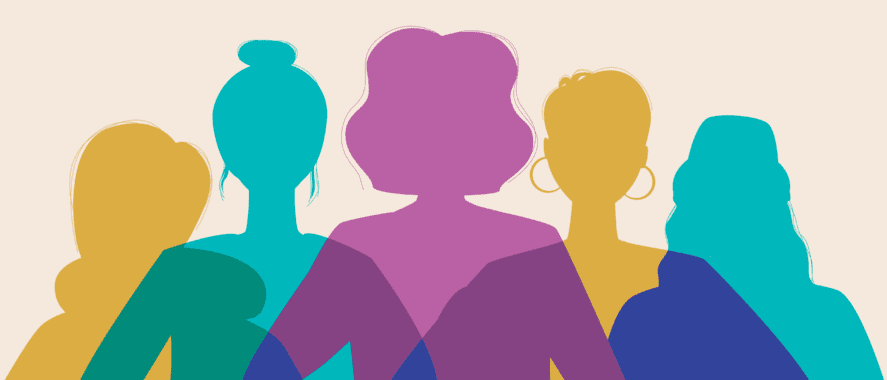In this blog to mark International Women’s Day (8 March 2022), Maria Kyriacou, NHS Innovation Accelerator Deputy Director, shares her learnings from working with female innovators and how the NHS Innovation Accelerator aims to provide a platform for these exceptional individuals.
The NHS Innovation Accelerator (NIA) is a national programme commissioned by the Accelerated Access Collaborative at NHS England and NHS Improvement and delivered in partnership across the AHSN Network, hosted at UCLPartners.
As part of our annual international call, the NIA invites applications from individuals representing innovations that meet a real need within the NHS in England. Since launching in 2015, we have supported 72 innovators (‘Fellows’) to spread within England’s NHS. Of these, 26 have been women.
We want our Fellow cohorts to reflect the diverse population served by the NHS, so at 32% women we aren’t quite there yet, but we’re working on it.
As a woman who has worked within the NHS for 14 years and now with innovators since joining the NIA as Deputy Director in early 2021, I am well aware of the challenges faced by women <link to BLOG NUMBER B39> in the health and tech space. There is plenty of self-doubt and ‘imposter syndrome’ amongst women who don’t view themselves as ‘innovators’ or ‘entrepreneurs’ (despite being exactly that) or who haven’t seen themselves widely represented in these types of roles.
We heard this first-hand when we brought together a focus group to help us think of new ways to engage women during our most recent recruitment call. In asking how we could encourage more women applicants, and how we could better support those on the NIA, this group of incredible females offered three key learnings:
- Representation is critical. Seeing and hearing from women who came before you is one of the best ways to feel you can be successful as an innovator and as part of an accelerator. With this in mind, we asked some of our current women Fellows to share their experiences as innovators, which we shared on our website and social media channels. We also ensured imagery used to promote the recruitment call featured an even proportion of women.
- Make encouragement explicit. Participants in the group told us that, the clearer the encouragement, the better. They wanted to explicitly hear us say ‘you are wanted here.’ To do this, we changed and clarified the language we used to encourage applicants to the programme. For example, where we say that we look for ‘exceptional individuals’ we went on to explain that ‘exceptional’ refers to passion and drive, not awards and accolades. We also created a short video to outline exactly what, and who, we were looking for.
- Build opportunities for woman-to-woman support. We are consistently told that the biggest benefit of the NIA is the peer network it provides. After our focus group called upon the importance of hearing from like-minded women, we sought out ways to develop these opportunities for both current and potential Fellows. Part of this work will be to introduce mentoring opportunities for members of existing women entrepreneur networks and current NIA Fellows.
After incorporating these learnings into the work the NIA has done over the past few years to focus on increasing applications from women innovators, we are thrilled to say that 40% of our incoming 2022 cohort are women – the highest percentage we’ve had to date.
You can meet these incredible innovators when they are announced on 31 March. Visit the NIA website or follow us on Twitter for more details. And if you have an innovation you want to share with us, please apply to our 2023 recruitment call later this year, we want to hear from you!

There is a wealth of HealthTech innovators poised to help solve some of the NHS’ greatest challenges, yet getting a product or new technology adopted at scale in the NHS is far from straightforward. In a recent ABHI member’s survey*, procurement was cited as one of the biggest barriers that innovators face, particularly those from [...]

Tellmi is a social enterprise innovation which aims to address the growing demand for mental health services and tackle health inequalities for young people. It is a digital peer support app available launched in 2017 by psychologist Suzi Godson PhD and engineer Kerstyn Comley PhD. Kersytn explains how Tellmi works. Tell us about the innovation. [...]

The NHS is facing record demand for services. According to The Health Foundation, the NHS waiting list for elective treatment in England has almost tripled in size over the last decade to 7.7 million. And latest figures show there were a record 2.35 million attendances at A&E across England in March this year. We know [...]







